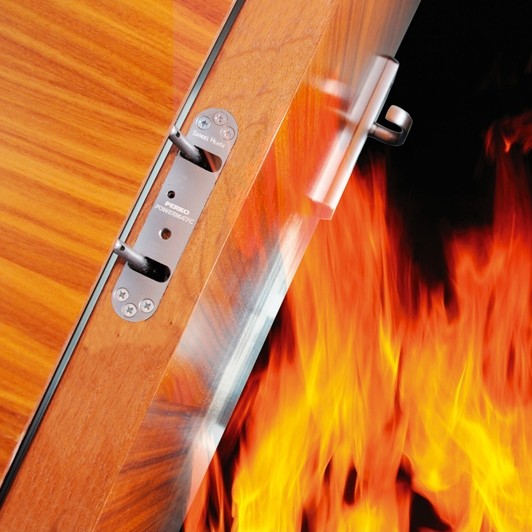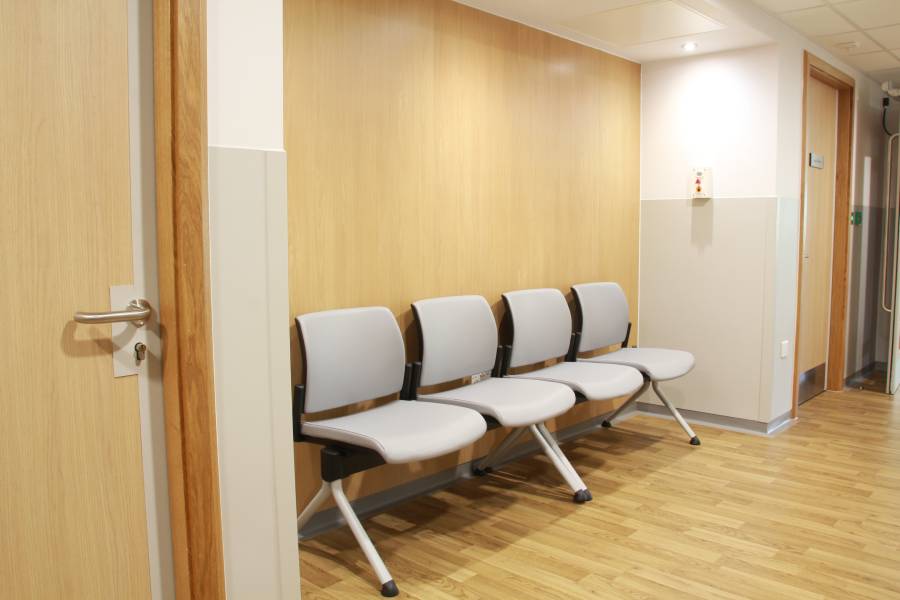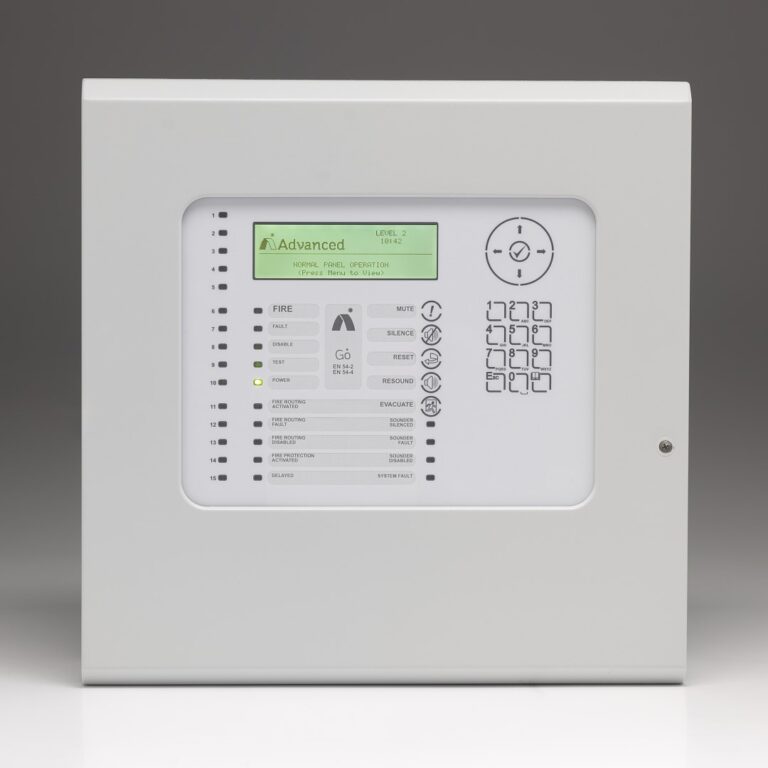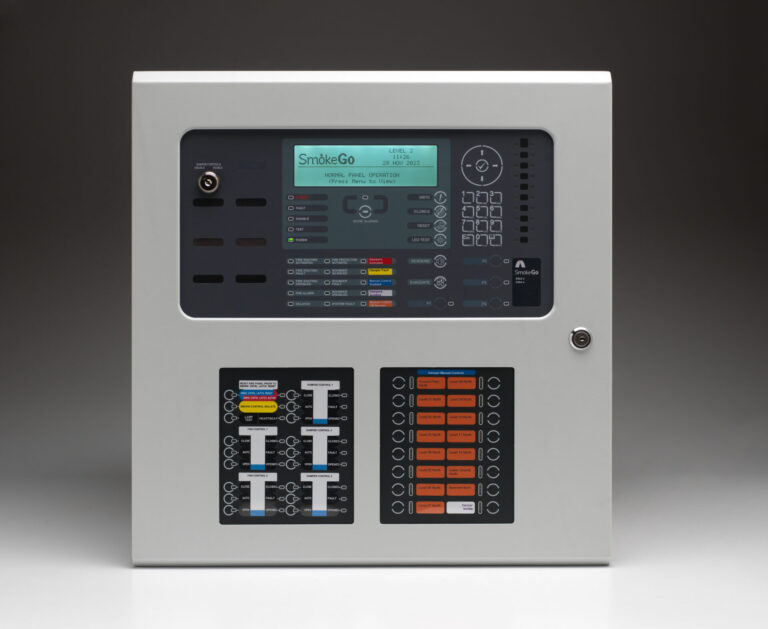Powermatic controlled, concealed door closers, enable public buildings to meet fire and accessibility as well as delivering a host of additional benefits which reduce risk, enhance safety and minimise maintenance costs.
Available in standard and Free Swing models, Powermatic door closers are CE marked, signifying their suitability for use on fire doors. They also enable doors to meet accessibility requirements stipulated by Approved Document B and BS 8300.
Vital as fire and accessibility performance are to the characteristics of a door closer, it is Powermatic’s concealment that makes it the ideal choice for public sector facilities in health, care, education, social housing and other buildings:
Reliability
In addition to being maintenance-free and carrying a ten-year guarantee, Powermatic’s reliability – and that of the fire door and building – is further enhanced by the fact that it reduces the opportunity to be damaged through an act of vandalism or misplaced prank.
Powermatic door closers fit neatly between the door and frame. They are completely invisible when the door is closed and, unlike surface-mounted door closers, have minimal visible components for the would-be vandal or prankster to target.
A damaged door closer can render the entire fire door useless, not only compromising the safety of the building, but also having consequential costs for maintenance and replacement.
Risk
The risk of self-harm is becoming increasingly prevalent throughout society and it is the younger members of society who appear to be most vulnerable. Whilst it is a risk that might not be immediately associated with mainstream educational establishments or student accommodation buildings, it is nevertheless worthy of consideration, particularly in areas which are less well-used or monitored.
Here, again, Powermatic concealed door closers can provide an alternative to their surface-mounted counterparts whose obvious control arms and mechanical boxes might provide an opportunity for self-harm.
Safety
Wedging fire doors open will obviously prevent the fire door performing its primary function and should be avoided at all times. Despite notices, best practice guides and individual instructions, the practice still goes on, especially in care homes, but also in other facilities.
Recognising the risk, by assessing the needs of a building’s occupants, is the first step in resolving the issue. The solution is either to use hold-open devices or free swing door closers, such as Powermatic Free Swing, which allows the door to operate manually until the door closer is activated, normally by the building’s fire alarm system.
All in all, both standard and Free Swing models of Powermatic offer many benefits for public sector buildings. British designed and manufactured to the highest standards of quality and engineering excellence, they not only deliver reliable performance but also fit the public sector ideal for providing safety to the building’s occupants whilst minimising maintenance costs. On a whole-life costing model, Powermatic can prove to be a worthwhile investment for fire door applications in all types of public building.




















